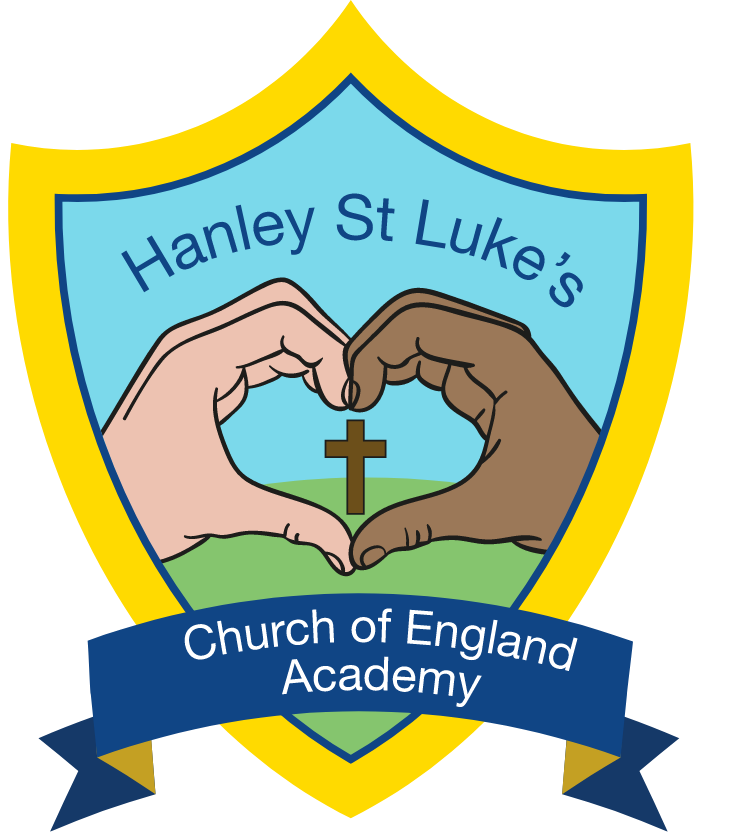PSHE
At Hanley St Luke’s, we use SCARF (a comprehensive scheme of work for PSHE and Wellbeing education) alongside Mind Up (to promote an informed understanding of the importance of mental health.)
A link to SCARF can be found in our appendices. It covers all of the DfE's new statutory requirements for Relationships Education and Health Education, including non-statutory Sex Education, and the PSHE Association’s Programme of Study’s recommended learning opportunities, as well as contributing to different subject areas in the National Curriculum.
Our PSHE subject lead, Elizabeth Wilson, works in conjunction with teaching staff in each year group and the phase leads (EYFS, KS1 and KS2) and is responsible for ensuring that all staff are equipped with the knowledge, skills and resources to deliver PSHE education confidently. Teachers can access a range of teaching support resources within SCARF, including guidance documents and teacher training films. Any teacher wanting further support should contact the PSHE subject lead in the first instance to discuss their training needs.
The Early Years Foundation Stage
In the Early Years Foundation Stage, PSHE education is about making connections; it’s strongly linked to child-led activities, including play. PSHE is taught through activities that are part of topics, as well as on an individual basis to develop personal skills such as dressing, feeding and toileting. Positive experiences are built through daily opportunities, to share and enjoy a range of different activities. Children are given the opportunity to engage in social activities, as members of a small group or occasionally during whole-school activities.
KS1 and KS2
The SCARF programme divides the year into 6 themed units:
1. Me and My Relationships: includes content on feelings, emotions, conflict resolution and friendships;
2. Valuing Difference: a focus on respectful relationships and British values;
3. Keeping Myself Safe: looking at keeping ourselves healthy and safe
4. Rights and Responsibilities: learning about money, living the wider world and the environment;
5. Being My Best: developing skills in keeping healthy, developing a growth mindset (resilience), goal-setting and achievement;
6. Growing and Changing: finding out about the human body, the changes that take place from birth to old age and being safe.
These units are designed to:
1. Give pupils the knowledge and develop the self-esteem, confidence and self-awareness to make informed choices and decisions;
2. Encourage and support the development of social skills and social awareness;
3. Enable pupils to make sense of their own personal and social experiences;
4. Promote responsible attitudes towards the maintenance of good physical and mental health, supported by a safe and healthy lifestyle;
5. Enable effective interpersonal relationships and develop a caring attitude towards others;
6. Encourage a caring attitude towards and responsibility for the environment;
7. Help our pupils understand and manage their feelings, build resilience and be independent, curious problem solvers;
8. Understand how society works and the laws, rights and responsibilities involved.
Within National Curriculum Science in Y2, the children learn that animals, including humans, have offspring that grow into adults. They should be introduced to the concepts of reproduction and growth, but not how reproduction occurs. In Y5, children are taught about the life cycles of humans and animals, including reproduction. They also learn about the changes that happen in humans from birth to old age. This includes learning what happens in puberty.
It is important that the transition phase before moving to secondary school supports pupils’ ongoing emotional and physical development effectively. The DfE recommends that all primary schools should have a sex education programme, tailored to the age and the physical and emotional maturity of the pupils. Within our non-statutory sex education that takes place in Y5, children will learn about how a baby is conceived, whether through sexual intercourse or IVF. This information builds on content they have previously learnt in the programme about relationships, puberty changes and reproduction; it lays the foundations for their ongoing Relationships and Sex Education in their secondary phase.
Here are some useful websites to support PSHE. Please speak to your child's class teacher for more information.
